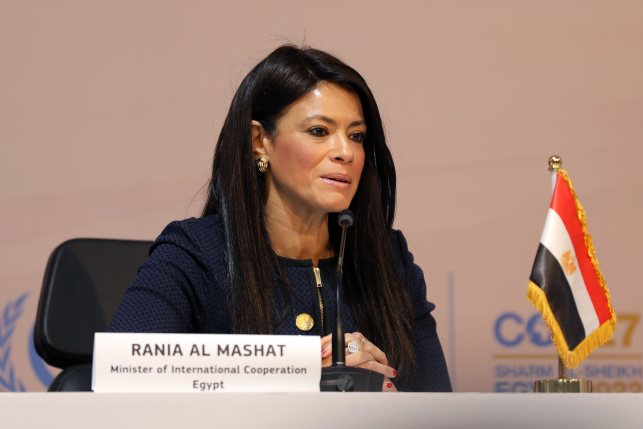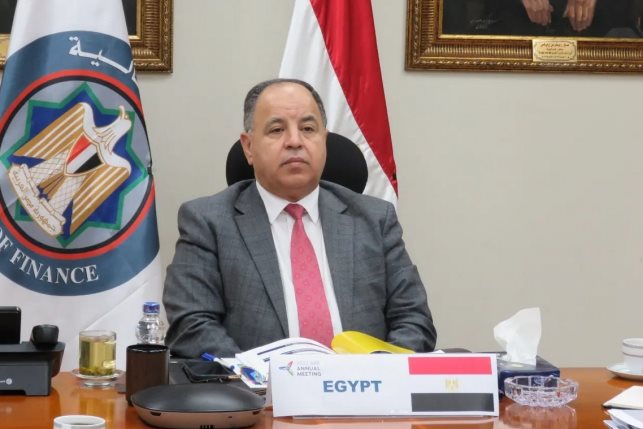A study conducted by the African Development Bank under the title "Policy Recommendations to Address the Establishment of Startups Outside Egypt" highlighted the challenges facing startups and entrepreneurs, and the gap between the business environment in countries known to be startup-friendly and that in Egypt, especially regarding the attractiveness to potential investors in local or international startups.
It is evident that jurisdictions friendly to startups possess competitive advantages over Egypt concerning laws, regulations, and other legal considerations.
By "startup-friendly jurisdictions," countries granting startups and investors therein the basic legal requirements concerning shareholder agreements are meant, such as the Netherlands, the United Arab Emirates – Dubai, and recently the Abu Dhabi Global Market, Singapore, the Cayman Islands, and the British Virgin Islands. While not all are of the same quality, they all provide these basic necessities for such agreements.
The study addressed the necessity of providing the General Authority for Investment, Free Zones, and the Financial Regulatory Authority with a list of the required legal principles to enable startups to receive investments at different stages of growth. This includes ensuring that specific concepts related to startups are clearly defined and specified in Egyptian laws.
Investors in Egypt need to determine the extent of implementation and interpretation of relevant rules imposing penalties, the possibility of using necessary legal concepts to start operations, and whether they are mandatory or complementary to laws and company founding documents.
Especially as reality indicates that company law is insufficient for structuring institutional investors for startups and providing financing to them.

The study emphasized the need to review laws by the General Authority for Investment, Free Zones, and the Financial Regulatory Authority to develop various models of company constitutional contracts and label them as startup-friendly. This is crucial as current law poses an obstacle to structuring startups and their founders and investors.
It recommended that these contracts be short and contain only the most important matters of mandatory rules, with few default rules allowing for easy deviation.
Why Investors Require Startup Companies to be Established Outside Egypt to Grant Them Funding?
The study mentioned that distinctive constitutional contract models for the company serve the needs of startups, founders, and investors as a whole, and also ensure reducing investor risks.
The study addressed the necessity of amending the founding company document to serve the minority contribution, even if opportunistic means arise, especially since its inclusion in the constitutional document of the company will not only help in mitigating risks for current minority shareholders but will also provide them with guarantees and more enforceable protection measures than special agreements.

Founding contract models or agreements should be prepared and updated regularly by incubators, accelerators, investor groups, and reputable investor associations, as they represent the dynamics of real investment; the resulting templates will enrich the available legal document set for investment initiation.
Examples of standard legal documents include those specific to NVCA, BVCA, and many other internationally reputable organizations. At the local level, "Alex Angel" and "Cairo Angel" agreements will provide useful insights to build upon.
The study noted that the law is highly restrictive and does not allow structuring of startups, founders, and investors through local entities.
Legislative changes in current mandatory law rules need to be developed to provide solutions, and these changes may lead to the establishment of a simplified structure for the Egyptian holding company that mimics international rules and practices.
The structure should be capable of retaining securities and intellectual property rights in its subsidiaries in Egypt or elsewhere.
Simplified ownership should also be flexible enough to allow for full implementation of best practices while continuing to evolve globally.
Additional Guarantees and Incentives for Potential Investors
The study recommended the state to consider issuing assurance letters for the application and interpretation of certain laws and regulations specific to a particular company structure, regardless of future laws that may conflict with the treatment of existing companies. Such messages are provided by the General Authority for Investment and Free Zones.
As intellectual property constitutes a solid foundation for technological startups, increasing awareness and protection in enforcing their rights and licensing agreements enhances investor confidence in Egypt's legal system.

Among the significant incentives for startups is the innovation of a tax credit plan to incentivize angel investors, especially local ones, to invest in the high-risk asset class of startups, akin to the United Kingdom.
The study proposed introducing banking accounts for holding structures to facilitate usage and ensure access to funds received at the holding company level, or part thereof, in Egypt. The Central Bank of Egypt may allow holding companies to open local bank accounts.
The African Development Bank recommended forming a steering committee comprising representatives from the startup sector to support the efforts of the General Authority for Investment and Free Zones and the General Authority for Investment in reaching international best practices in this regard.
It stated that among the key stakeholders to be included in the committee are incubators, accelerators, individual angels, angel networks, and early-stage institutions. It also recommended supporting the technical needs of angel investors as a unified umbrella to enhance angel networks.

.png)









